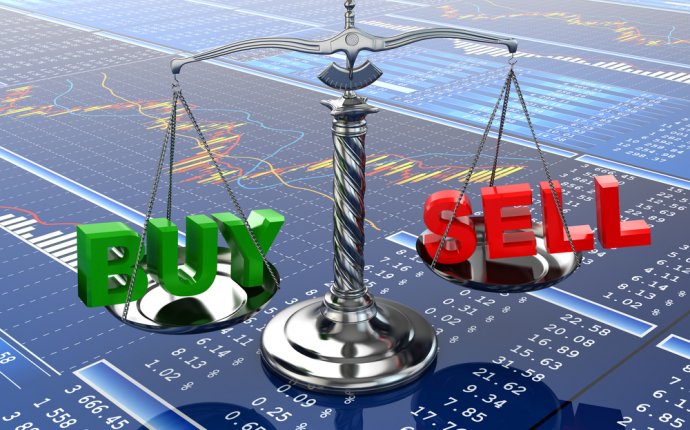
What is stock trading?
 Making a stock trade really signifies which you possess a little sliver of a big company pie. Shares tend to be a type of protection that gives the buyer a share of ownership in a business. How many stocks you have in a company, in comparison with the total number of outstanding stocks when it comes to company represents your claim to your organization’s possessions and profits.
Making a stock trade really signifies which you possess a little sliver of a big company pie. Shares tend to be a type of protection that gives the buyer a share of ownership in a business. How many stocks you have in a company, in comparison with the total number of outstanding stocks when it comes to company represents your claim to your organization’s possessions and profits.
Once you hold business stock you will be one among many shareholders that have a claim to every thing the organization is the owner of. People purchase stock for 2 main reasons: to generate income and to have influence into the organization.
The longer you hold a stock, the greater potential this has for capital understanding and a very good return. But shares fluctuate in price, and there’s no guarantee the organization you've got committed to does above time. Investors which hold stock in well-performing businesses can also make money through dividend repayments, which are granted when a business directs some of its earnings to its stockholders. The total amount you'd obtain is dependent on the dividend paid per share multiplied by the amount of shares you have.
There are two main types of stock: common stock and favored stock. Owning typical stock in a business provides people the right to vote on corporate policymaking and to receive dividends. People who possess chosen stock generally speaking don’t have actually voting rights, but have concern over typical stockholders about getting dividend repayments in addition to any payments distributed if a company goes bankrupt and its assets are liquidated.
» CONSIDERABLY: Simple Tips To Purchase Shares
What happens when you make a trade?
Whenever you choose to make a trade you can easily issue a market order with your brokerage company that signals you desire to purchase X amount of stocks in a stock. That order won’t be finished instantaneously, though it might appear very quick. Rather, your order will undoubtedly be provided for a specific marketplace initially discover a seller.
Whenever you issue that market purchase, you are agreeing purchasing the stock during the price readily available once the purchase is performed. Share prices mirror the growth that people anticipate as time goes on plus the value of the business. Since prices of stock are constantly shifting, the price tag on a stock at the time of execution could be slightly greater or below the past traded cost readily available once you result in the initial order.
As soon as you issue a market order, it is guaranteed to perform, no matter where the price ends up. You may have the possibility to issue a restriction purchase to set a restriction into the maximum you pay money for a stock, but limit instructions typically carry a higher charge and don’t guarantee your order will undoubtedly be executed.
Shared resources
Buying a mutual fund allows you to invest your cash without the need to pick individual assets. Mutual resources pool money from several investors to invest in a big number of possessions, such as for example shares, bonds and temporary debt, collectively referred to as a portfolio. When you invest in a mutual investment, versus someone stock, you possess a piece of the fund, maybe not the possessions it holds. You don’t get the mutual fund’s possessions, the value of those assets is right linked with the worth of investment and subsequently, your stocks.
Shares in shared funds are inexpensive, quickly redeemable, supply streamlined professional administration and allow that quickly diversify your portfolio. Diversification is important to mitigating financial investment threat since small amounts of your money are associated with a few organizations, versus all your money being tangled up within one business. Because the investment you invest in owns multiple possessions, whenever you invest in a mutual investment, you instantly broaden your portfolio.
Mutual resources are often considered open-end, so this means if you’re thinking about buying the fund a unique share are made for you to definitely buy. Regardless of how assets perform, you will need to pay charges and expenses from the investment.
Investors earn money from mutual funds in three straight ways: from dividend payments; from capital gain, when an investment offers a protection which has had increased in price; and via Net Asset Value—when the NAV of a fund increases, the worthiness of one's stocks increases.









